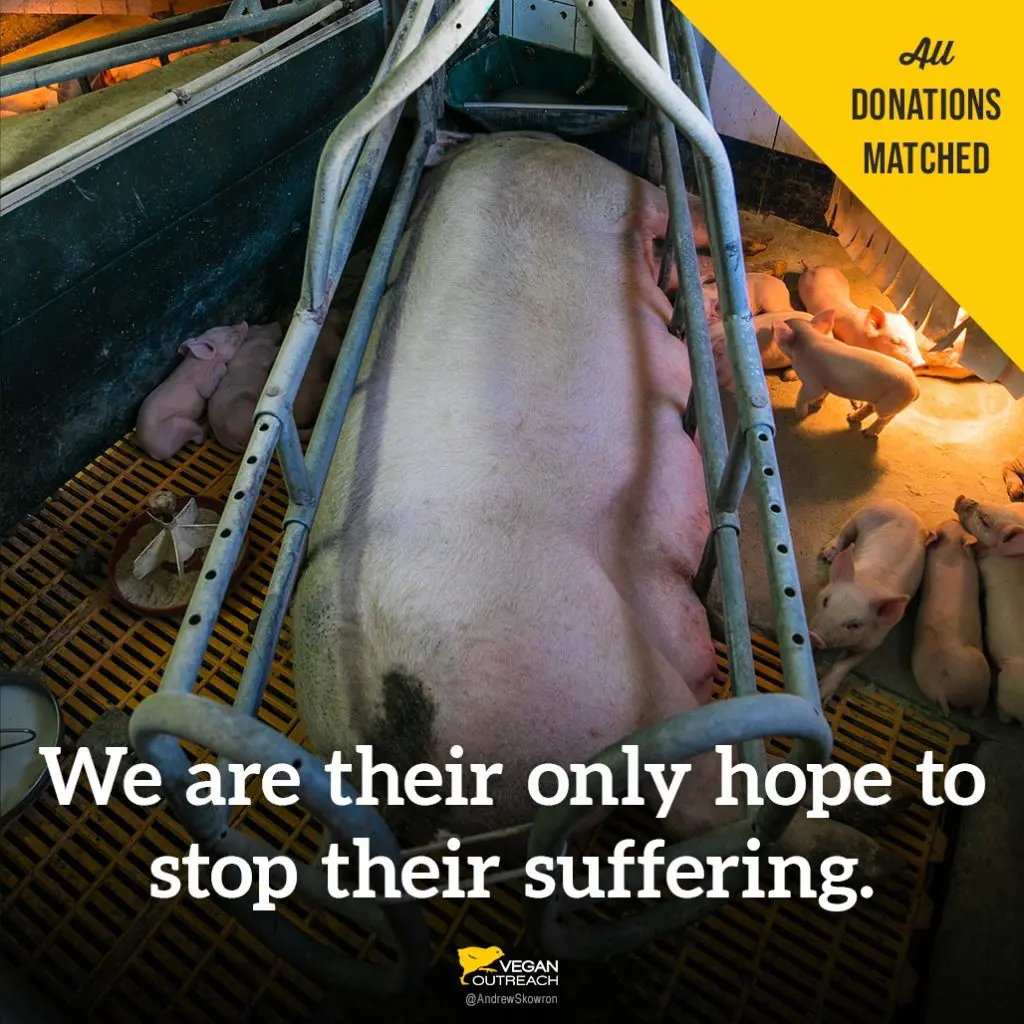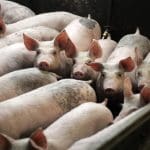The dairy and meat industries, often seen as cornerstones of our diets, carry a hidden burden that extends far beyond the dinner table. From their devastating environmental impact—spanning deforestation, water depletion, and methane emissions—to the ethical concerns surrounding animal welfare and factory farming practices, these sectors reveal a stark reality many prefer to ignore. Coupled with health risks linked to high consumption of animal products, it’s clear that change is needed. This article sheds light on these pressing issues while highlighting sustainable alternatives and actionable steps towards creating a kinder, greener future for all
Greetings, dear readers! Today, we embark on a journey to uncover the uncomfortable truth behind the dairy and meat industries – two pillars of our daily diets that often go unquestioned. Brace yourselves, for what lies beneath may challenge what you thought you knew about the foods on your plate.

Diving into the Dairy Industry
Let’s start by peering into the murky waters of the dairy industry. While enjoying a glass of milk or a scoop of ice cream may seem harmless, the environmental consequences are far from benign. Dairy farming, in particular, has a significant impact on our planet.
Did you know that dairy cows are prodigious methane producers? These emissions contribute to climate change, exacerbating the global warming crisis we face. The vast amount of water required for dairy production further strains already limited resources. Additionally, the deforestation caused by dairy farming continues to shrink our precious forests, affecting biodiversity and exacerbating climate change even more.
But it’s not just the environmental implications that should concern us. A closer look into dairy farming practices reveals distressing truths about animal welfare. Calves are often separated from their mothers shortly after birth, causing emotional distress for both. Hormones and antibiotics are commonly used to boost milk production and prevent diseases, presenting potential health risks for consumers. Furthermore, cruel practices like dehorning and tail docking are not uncommon, inflicting unnecessary pain and discomfort on innocent animals.
Peeking into the Meat Industry
Now, let’s shift our gaze to the meat industry, where the story becomes even more unsettling. It is no secret that meat production has a considerable impact on the environment. Cattle ranching, driven by the demand for meat, is a leading cause of deforestation, particularly in the Amazon rainforest. The water usage and pollution associated with meat processing plants further intensify the strain on local ecosystems.
However, the environmental impact is just the tip of the iceberg. The treatment of animals within the meat industry raises substantial ethical concerns. Factory farms, notorious for their cramped and unsanitary conditions, subject animals to a life of suffering. Growth hormones and antibiotics are routinely administered to promote rapid growth and prevent diseases, jeopardizing animal welfare and potentially passing on health risks to consumers. The stories emerging from slaughterhouses are equally grim, with instances of cruel and abusive practices brought to light.

Health Implications
While the ethical and environmental aspects are disconcerting, it is vital to delve into the health risks associated with dairy and meat consumption. Dairy products, laden with high levels of saturated fats and cholesterol, can impact cardiovascular health. Similarly, the consumption of red and processed meats has been linked to various diseases, including cancer and heart conditions.
Alternatives and Solutions
But fear not; there is a silver lining amid these dark revelations. The rise of plant-based and alternative dairy products offers a healthier and more sustainable choice for consumers. Dairy alternatives, such as plant-based milk, cheese, and ice cream, have come a long way in terms of taste and variety. By exploring these options, we can still satisfy our cravings while making a positive impact on our health and the planet.
Perhaps the time has come for a paradigm shift. Transitioning to a flexitarian or plant-based diet provides countless benefits, both for personal well-being and the environment. By reducing meat and dairy consumption, we can reduce our carbon footprint, conserve water, and help protect animal welfare. Start by incorporating more plant-based meals into your diet and gradually decreasing your reliance on animal products. Every small step counts.

The Future of the Industry
The good news is that consumer demand is driving change within the food industry. People are becoming more conscious of their consumption choices and are seeking transparency and ethical practices. Companies that prioritize sustainability and animal welfare are gaining traction, forcing traditional players to rethink their strategies.
One such promising practice is regenerative agriculture, which focuses on restoring and improving soil health while reducing environmental impact. By adopting regenerative farming techniques, the industry can move towards a more sustainable and resilient future.
Conclusion
The uncomfortable truths surrounding the dairy and meat industries may unsettle us, but turning a blind eye is not the solution. Educating ourselves about the impact of our food choices is the first step towards positive change. By embracing alternatives, adopting healthier diets, and supporting companies striving for ethical practices, we have the power to create a brighter future.
Let us remember that every time we sit down for a meal, we have the opportunity to make a difference. Together, we can move towards a more compassionate and sustainable world, one dairy-free latte and plant-based burger at a time.
4.5/5 - (13 votes)



